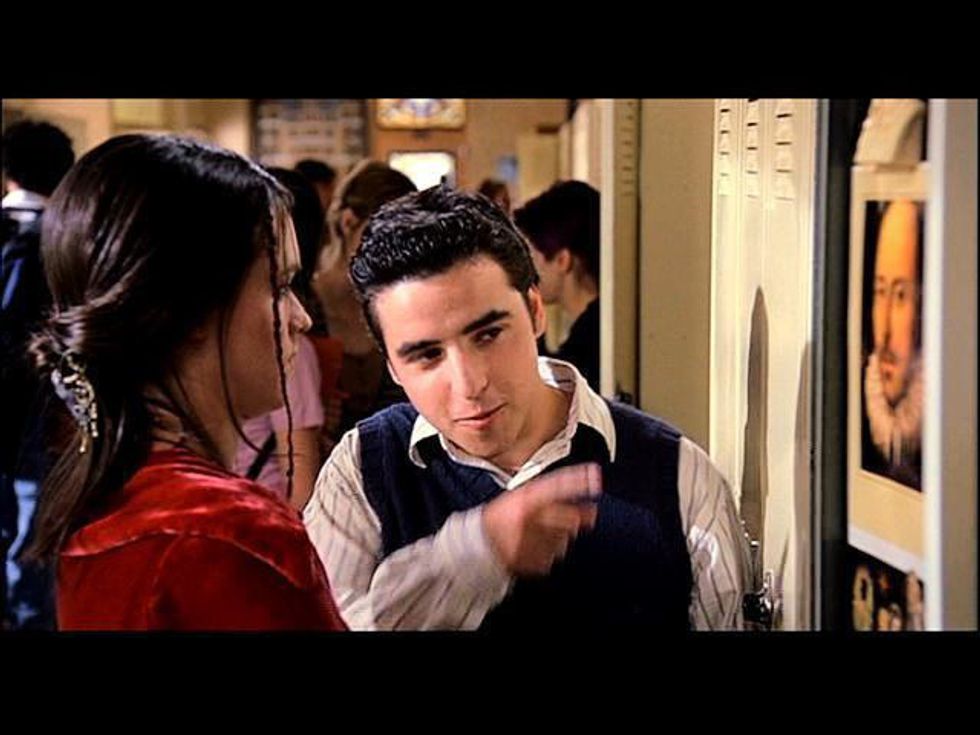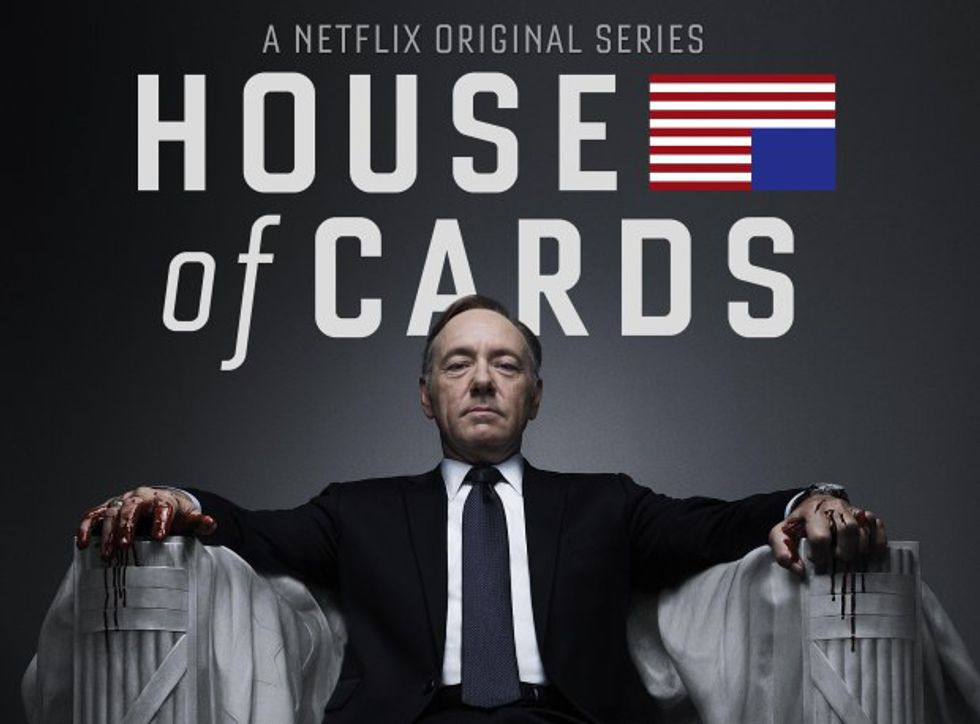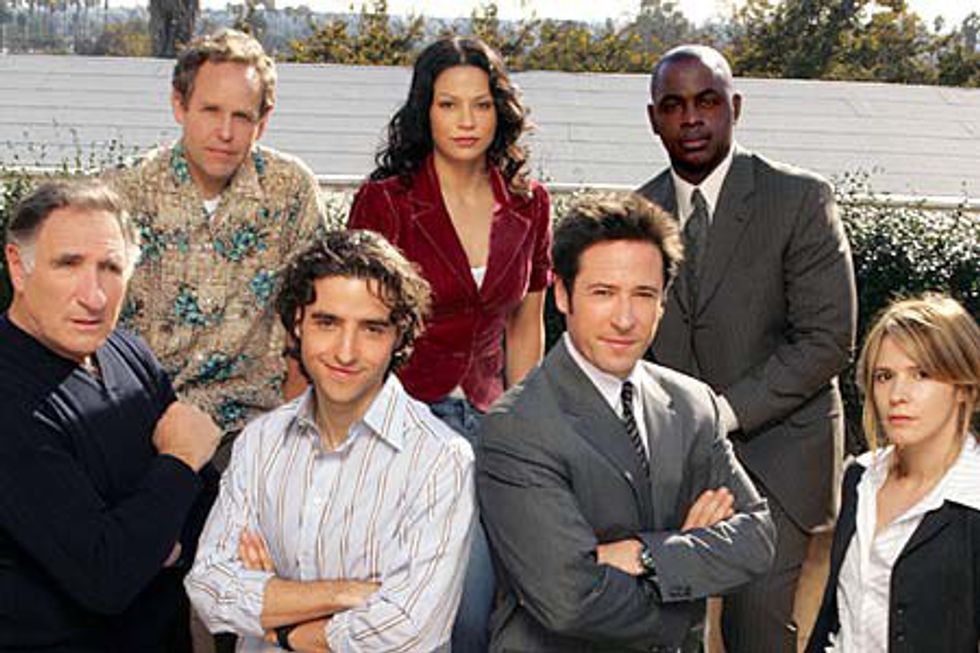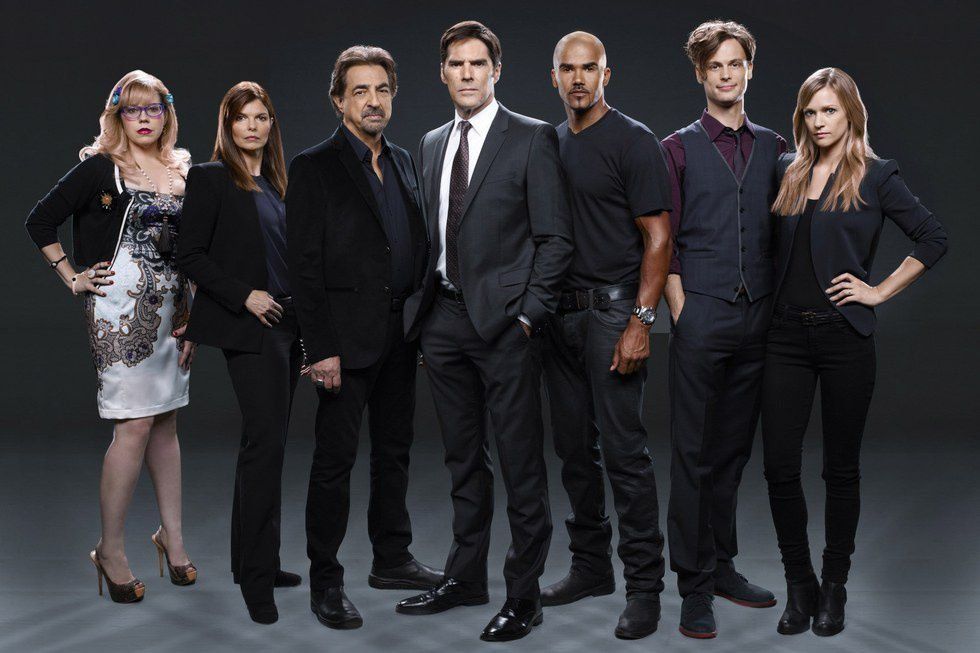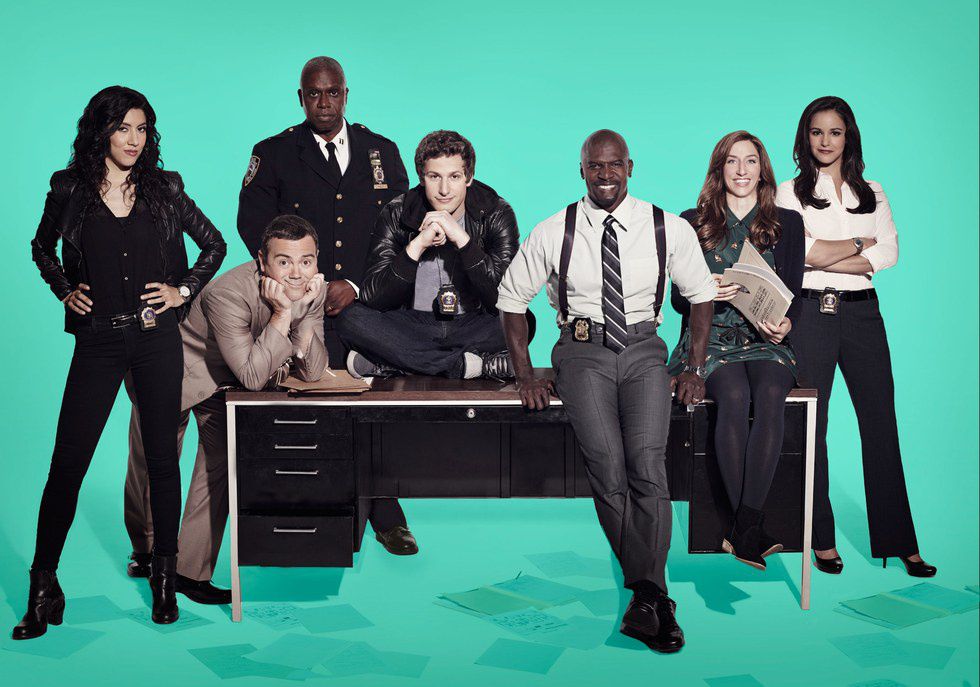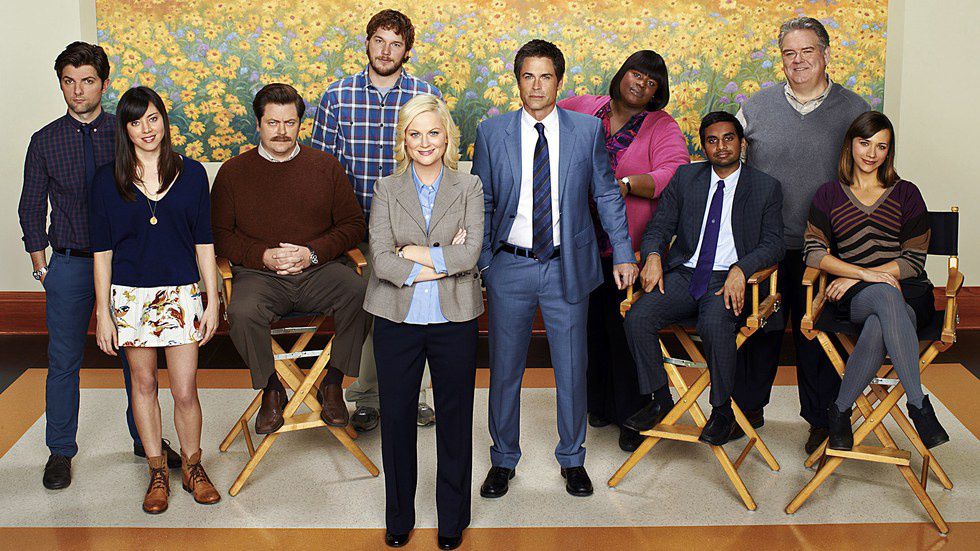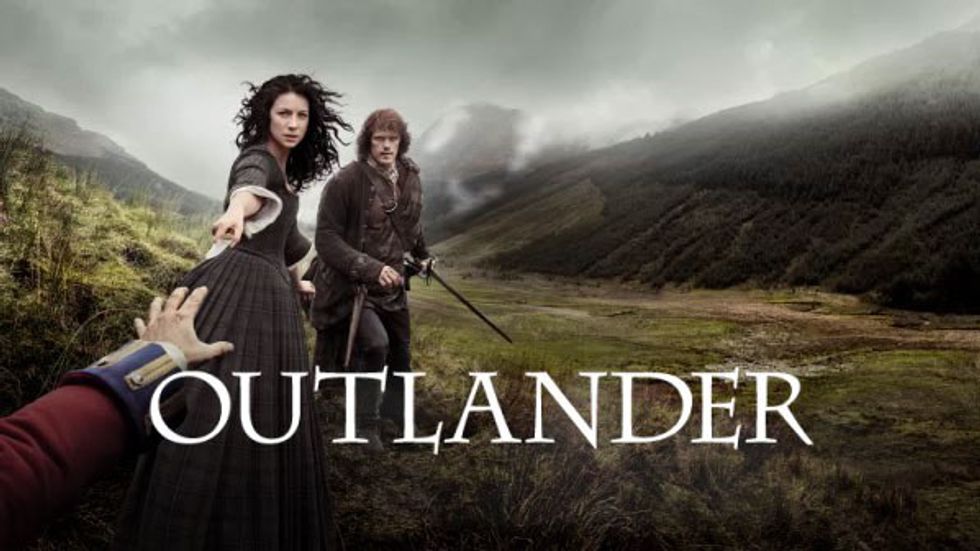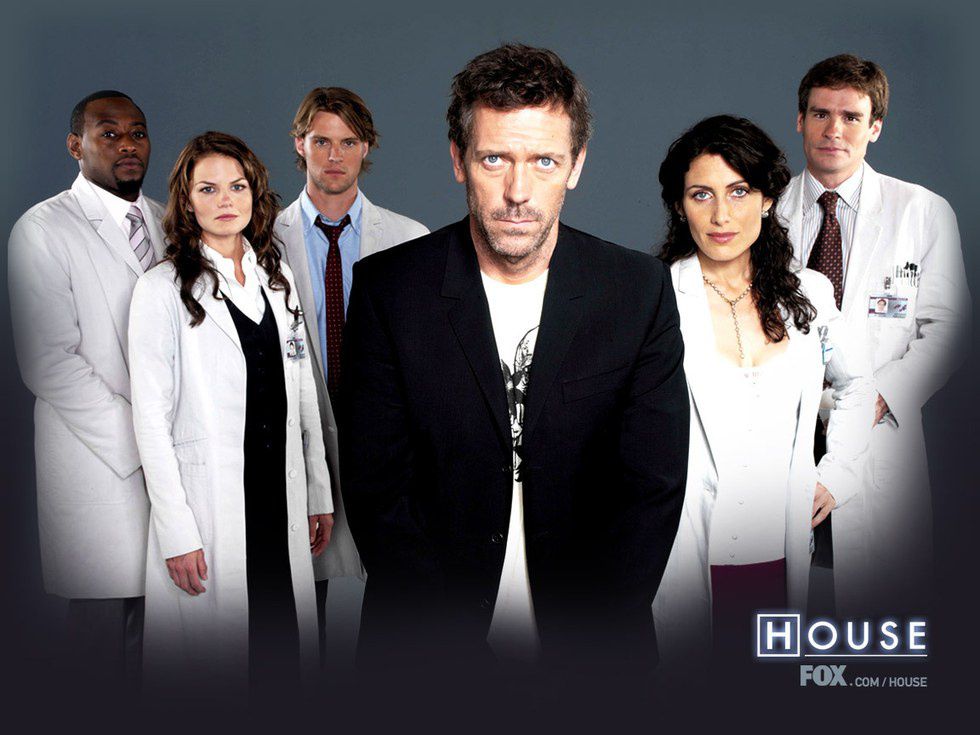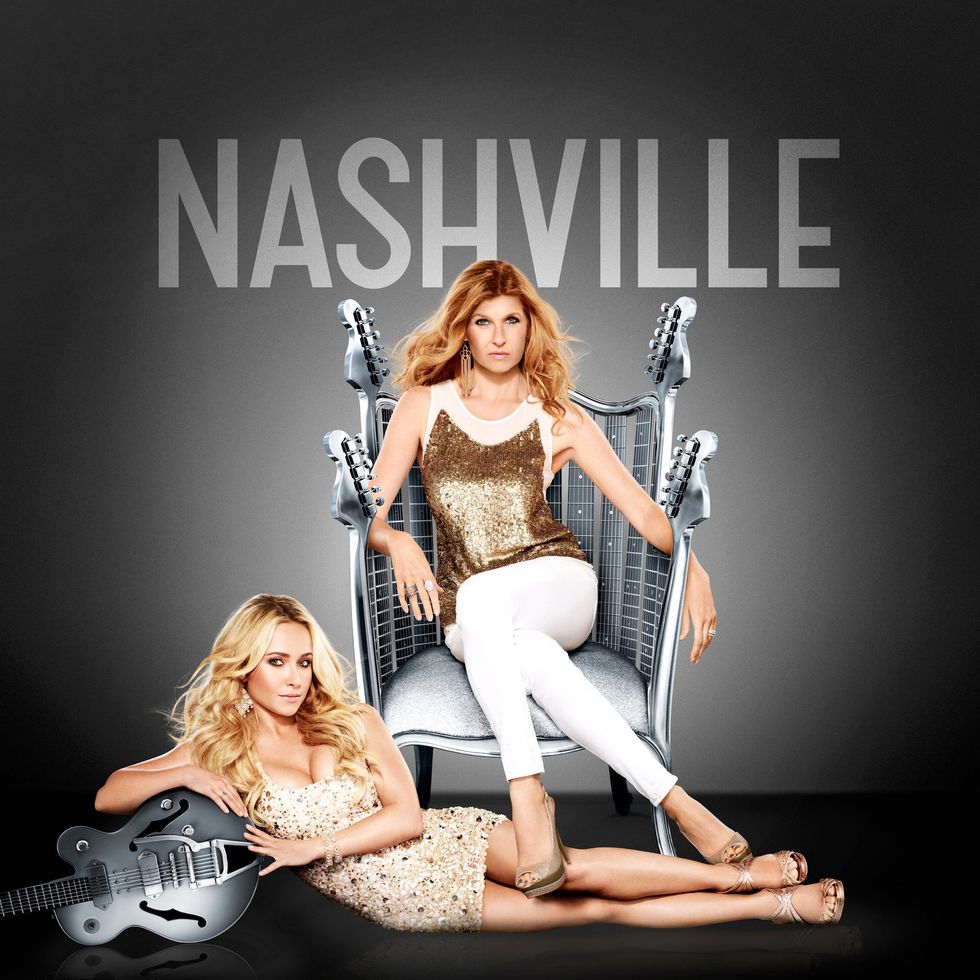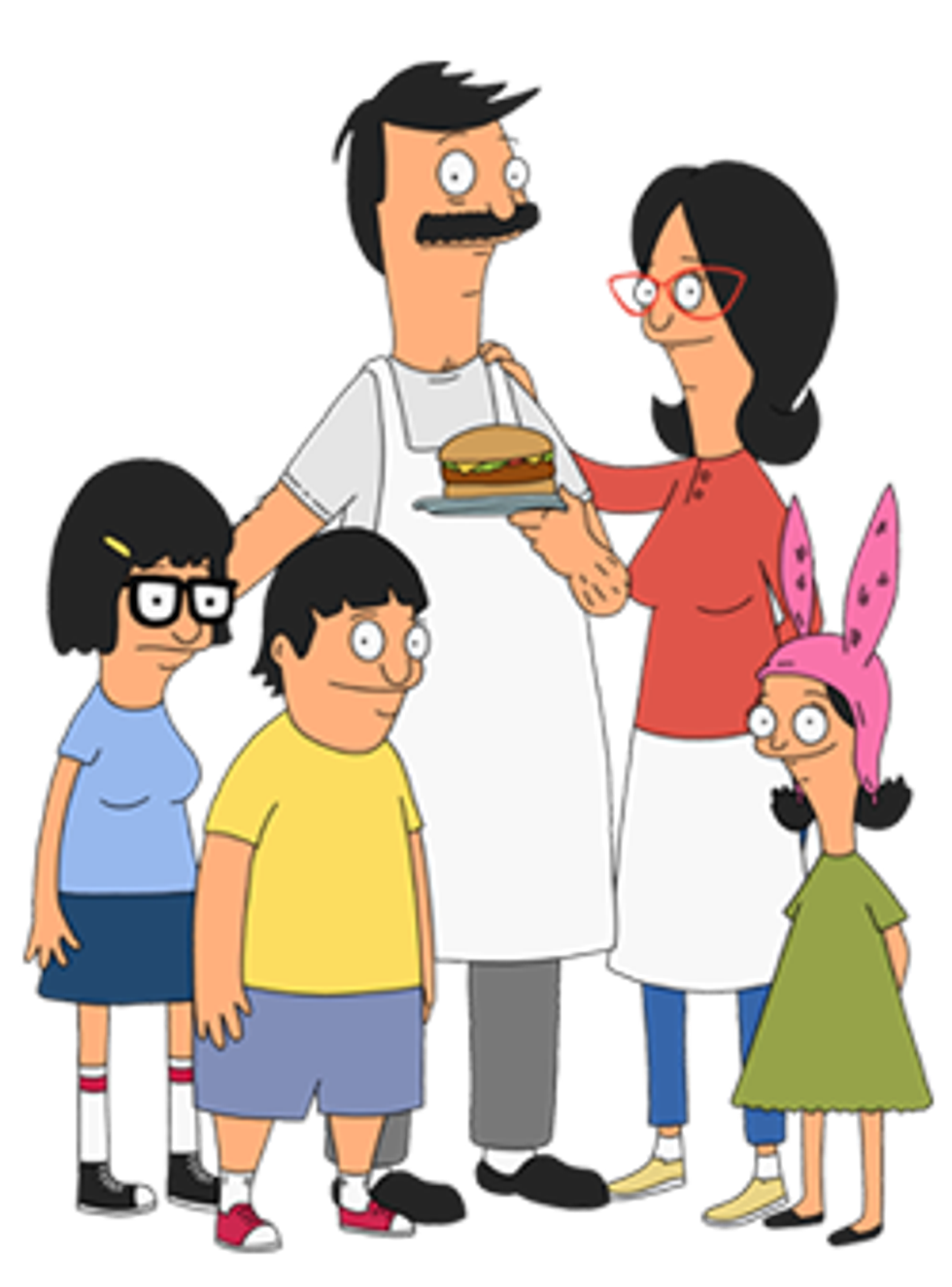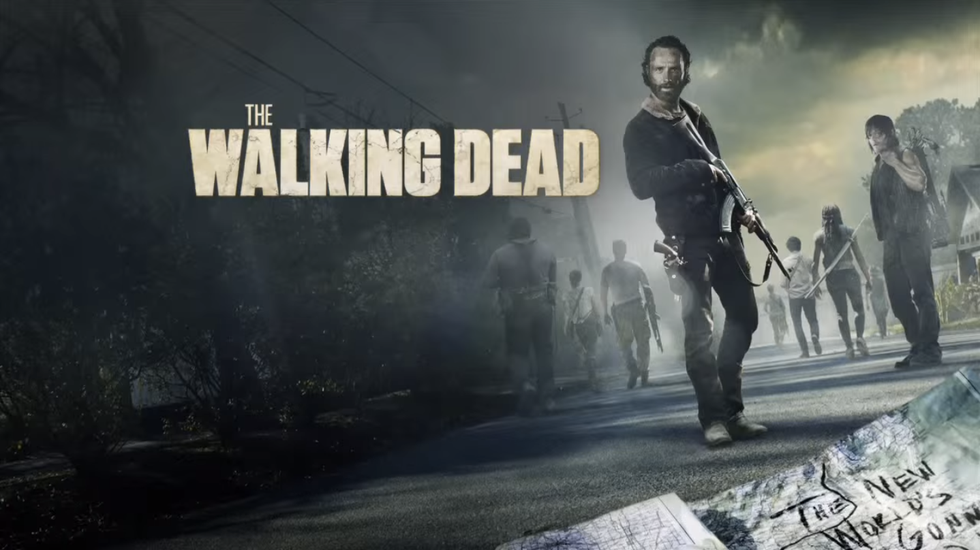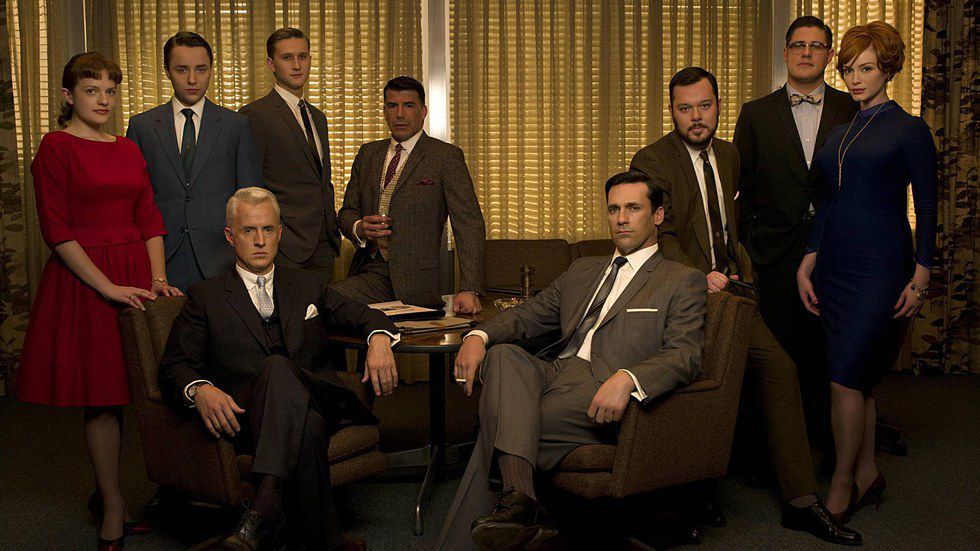Well I am following up with what I wrote two weeks ago. Again the length is long and there will be Lizzie Bennet Gifs. But I hope you enjoy the conclusion of the dive into the monomyth.
Part 3: Macduff was from his mother's womb untimely ripp'd—Macduff in Macbeth 5.8.15-16
If there is one historic figure I have romanticized to a point of ridiculousness and given the ideal attributes I would look for in a man, then William Shakespeare fits the bill.[1]
Shakespeare and I became acquainted through my friend’s dad—a former body-builder, a runner-up for Mr. Michigan, a small business owner from a self made family, a part-time motivational speaker, a libertarian, and the type of man who asked his kids and their friends to refer to him as Bubba. Although Bubba sounds like the furthest thing from a Shakespeare scholar,[2] he might be the bard's biggest fan. His love began at Hillsdale College in a required English credit and then was passed down to his children and their friends. During middle school, at least three times in a year, Bubba would take his kids, their friends, and our English teacher to see Shakespeare plays at Wayne State University, Michigan Shakespeare Festival, and Shakespeare in the Arb.
By the time I was fourteen, I had "informed" opinions about the majority of the works of Shakespeare. "Romeo and Juliet" and "Hamlet" were nice enough but give me "Othello" and
"Macbeth" and I would discover the great innermost thoughts of the most twisted humans. I knew and understood every joke from the Reduced Shakespeare Company comedy bits, and I once was so close to an extremely intense Hamlet that he spat on me during his “To be or not to be” soliloquy. I’ve seen Shakespeare played in cramped, sweltering black boxes and large garden parks in a light drizzle, in settings ranging from Ptolemaic Egypt to the 1980s. I was basically this girl from "Ten Things I Hate about You."
To anyone who knows Shakespeare, it is no wonder that his works were not always completely from his own imagination. Romeo and Juliet, for example, is based on the "Tragicall Historye of Romeus and Juliet" by Aruthur Brook, which is a direct descendent of the Medieval tale of Tristan and Iseult and the Greek tale of Pyramus and Thisbe: stories of star-crossed lovers from opposing factions who tragically die.Yet Shakespeare was not one to make his characters simply good or evil, as one could argue the Hero’s Journey does. But in a literary cannon where the tragic heroes are known for their flawed humanity—such as Hamlet or Lear—and the villains are compelling in their evil—such as Lady Macbeth and Iago—how can the narrative of the Hero’s Journey, which at its core calls for heroes to be virtuous and villains to be debauched, be present?
Mrs. Muszkiewicz, my AP English Language teacher, had a difficult name to spell and a love for Shakespeare. She only taught three English classes, all of which involved Shakespeare. Her classes honestly changed my life, bringing me into a world of literary connection, violently wrenching me into understanding, just as Macduff was ripped out of the womb.
One class, Heroes of British Literature, served as a formal introduction to Joseph Campbell. The class had two objectives; students read four British books in chronological order and then assessed how the hero from the previous story informs the characterization of the hero in the next story. We explored "Beowulf," "Morte D’Arthur," "Sir Gawain and the Green Knight," and Shakespeare’s "Henry V," from the Anglo-Saxon warrior to the Chivalrous knight to the brave, virtuous king. It was here that the universality of story was becoming clearer; each man was taking the same steps into a much larger world.
In Shakespeare’s case, his historical propaganda dramas did play into the monomyth more than his comedies and tragedies. In my speculation, this is related to the propaganda aspects of the Tudor plays, because Shakespeare had to please the royalty of the day, who were among his patrons. So it seems natural to write the royals in the same vein as the great heroes of yore, such as Beowulf and Arthur. When the story is framed and told in the rich cultural heritage of the universal myth, it gives grandeur to whatever the subject of the story might be. Suddenly they became their own legend, painted with the same brush as thousands of other great heroes and figures. This desire to be the hero is not just the desire of royalty, but everyone, including me.
Part 4: They told us tales of trolls and highwaymen -- Klara in the untitled story
Again I had let my imagination slip the bounds and walk into reality, because I was running through the woods as I heard the king’s men chasing after me. I had Roland’s sword scabbarded by my side, made a mental checklist of my surroundings. The trees were leaning in towards me with menacing groans in the wood. Nature herself was working for my enemy. To come back to this land was madness for I was a fugitive, hiding from the cruel king, and I was to lead the rebellion against him. But first, if I escaped his band of soldiers, I had to find out the great weakness of the fortress, plant spies within the castle walls, storm the palace, capture the wicked king, and help reinstate the true lord of the land.[3] The terrain was changing, and those woods, with gnarled, bitter trees, seemed to hide some twisted magic. I went to grab the hilt of my sword, when I stumbled over an exposed root.
Then I remembered myself again; I was taking a jog through Howell Nature Center’s trails. I pulled out my notebook, thinking over the narrative that was growing in my head. I nodded. This would be a great opening for the third part of the quintet I was writing. Klara and Ellyn, thinly veiled versions of myself and my best friend, Elisha, had just reached their lowest point, having been betrayed by their close compatriots, who were thinly veiled caricatures of our friends, Daniel and John-Henry.
The one writing project that has consumed my life began as an idea to make a friend, Grace, laugh in seventh grade. One day, a rainy afternoon, I told her a story: “Once upon a time there was a princess named Snowyellow…” and spoofed our classroom dynamics, all the drama of middle school, in the style of Grimm Brothers fairytales. Years later, on the cusp of turning eighteen,[4] I returned to the folkloric version of our social lives in the midst of a bad relationship, this would expand over six years of my life. The story featured Irish as the language of magic intermingled with friends going to Prom all written in Plantagenet Cherokee font, which has the rough-hewn look of quill and ink writing. It also followed the Hero’s Journey.
I had literally written myself in Campbell’s theory. I, as Klara, was beginning a journey, reluctantly accepting the mantle of destiny to ride off and seek something for king and country. Ellyn took on the role of the lovable rogue, whose disposition and stab-first-ask-questions-later mode of handling business would make Han Solo proud. There was a meeting with the goddess, which gave Roland the confidence to carry on his mission. Additionally, he becomes the literal master of two worlds: the realm of "reality" and the realm of the fantastical. Baylor is nearly a trickster god archetype who turns into a noble hero. My Obi-Wan Kenobi, dead sage, came back in less than corporeal form to give the heroes some final wisdom. I was a part of this journey, too, because this is the universal story.
And yet, I was not in this universal story, because I am not Klara, and the universality of the Hero’s Journey is broken when the theory intersects with the truth. Elisha is not the lovable rogue, but a post-grad woman, living in Chicago doing ministry. Daniel grants he never saw a goddess go; he, instead enjoys life in an apartment with three other guys. And John-Henry is not a foppish nobleman who becomes a warrior. He is going to become a priest. As much as I would love to be the sword-wielding hero, the reality will always settle in and remind us that we are not truly legends. We are people.
And yet, just as I saw the face of God in Meg Murray’s attempts to redeem Camazotz, I also see the truth through the lens of Campbell’s theories. We do yearn to fight for a greater cause than our own desires, as he suggested, and we know that great sacrifice is needed in order for that cause to be victorious. We meet wise elders, who may seem mad in society’s eyes. We vilify those who stand in opposition to us, whether it is a murderer or an ex-boyfriend. Where our desires lead us ultimately determines the people we will become.
Stories are not muses from the heavens pouring their wisdom onto human culture nor are they the cold stars looking down over humanity. We know these stories, because we are these stories. They express the great stirrings of our hearts.
I have come to see the Hero’s Journey, not as a vague mythic journey, but as the desire to bring good into the world every day.
[1] Pun was super intended.
[2] Describing him, he sounds more like a character from Duck Dynasty than anything else, but he does not have a ZZ Top beard.
[3] Notice that this time, I helped establish a new law of the land in order to avoid the inevitable collapse into chaos and bloody civil war. It helps in this case that the previous king is still living, though usurped, and has the rebellion on his side. Again, avoid power vacuums at all costs.
[4] Elisha and I were born a day apart, so we have celebrated mutual birthdays with each other since age 13.





